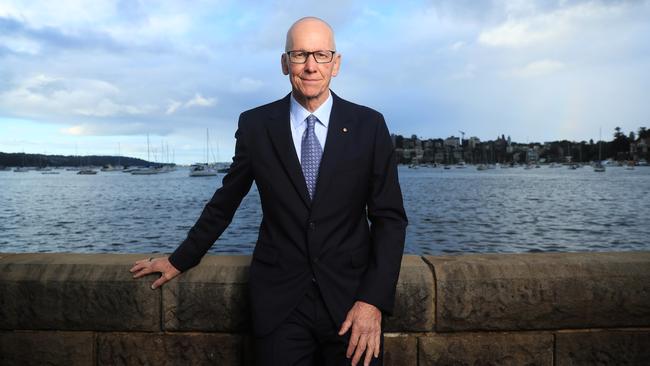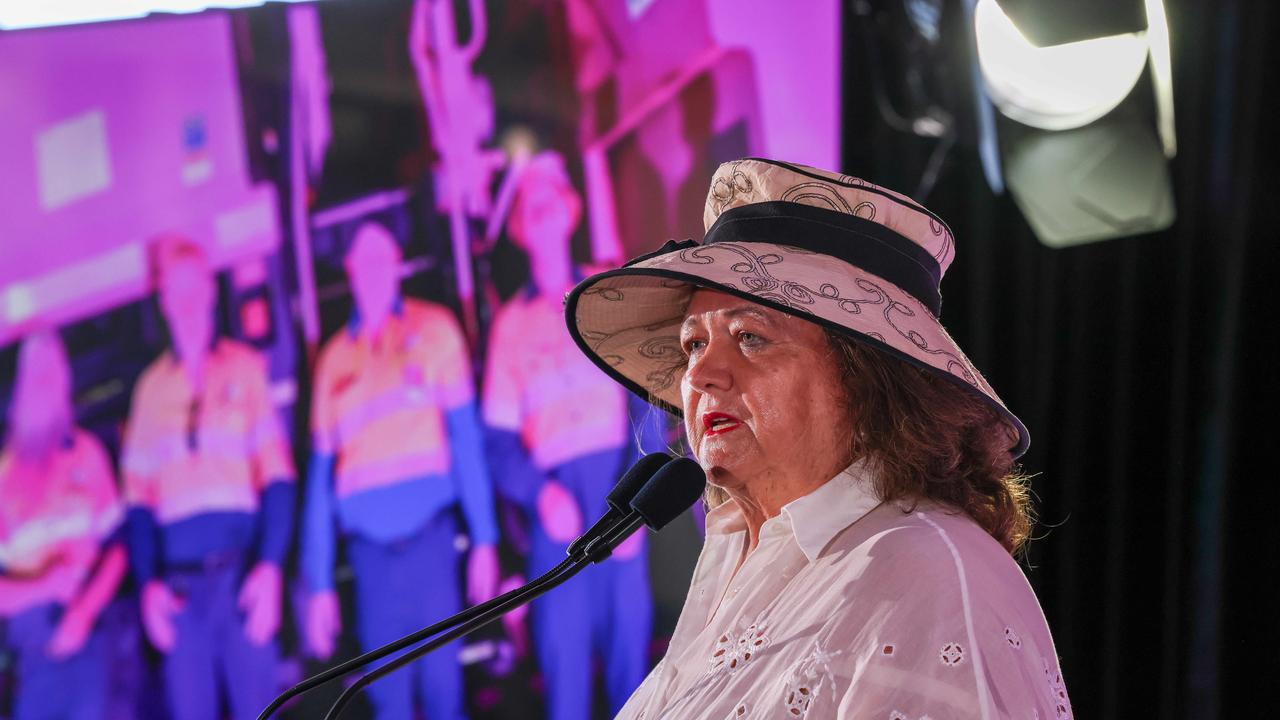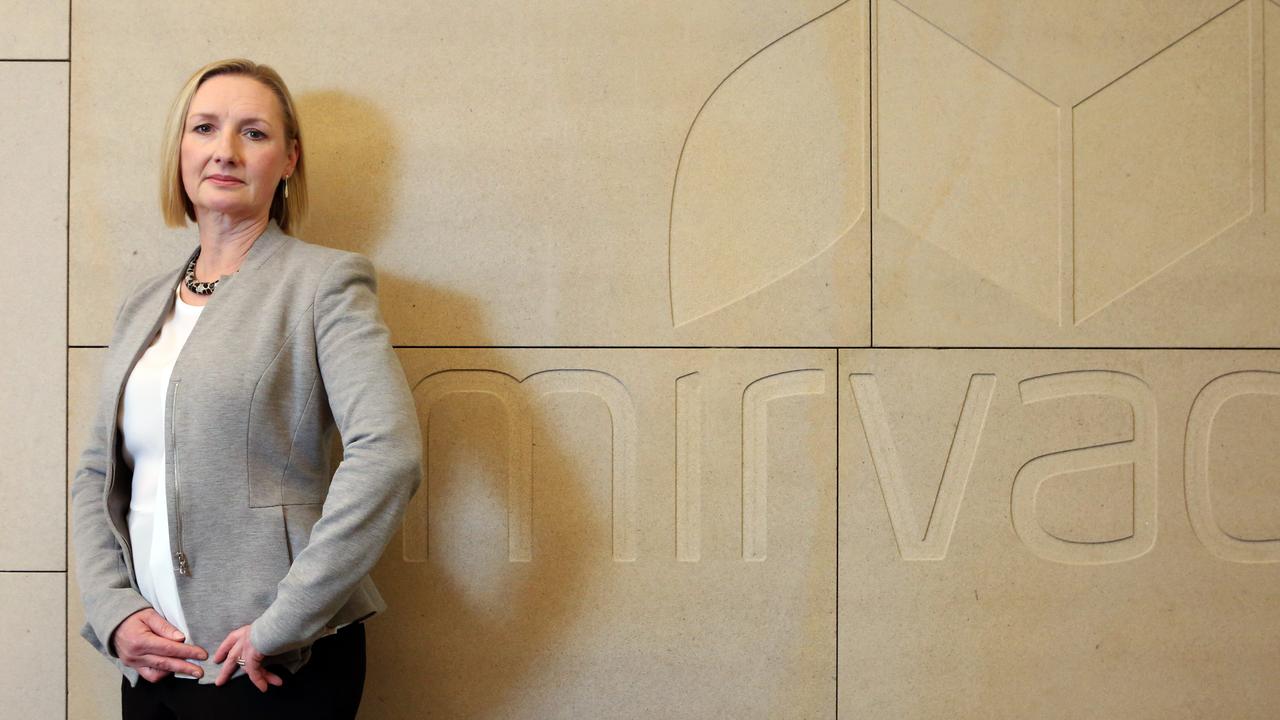ASIC warns companies about dodging investor questions, Blackmores updates AGM guide
Shareholders must be allowed to ask questions verbally at virtual AGMs following a law change in August, and the corporate regulator will be policing compliance.

Australia’s corporate regulator has put companies on notice about ensuring investors can still ask questions verbally to directors as this year’s AGM season begins in earnest.
Covid-19 has relegated AGMs from hotel ballrooms and plush offices to Zoom and other virtual realms, after Treasurer Josh Frydenberg granted companies relief at the onset of the pandemic.
And while Mr Frydenberg has extended this relief until next March – and some companies have sought to change their constitutions in favour of online gatherings – an amendment to Treasury Laws passed in August means companies must still give shareholders the right to ask questions verbally at AGMs rather than in writing.
An AGM is the only day in the year many investors can scrutinise boards directly, and the Australian Securities and Investments Commission has warned it will be looking out to ensure shareholder rights are upheld as Australia’s biggest listed companies CSL and Commonwealth Bank host their annual meetings this week, along with Telstra and Treasury Wine Estates.
“ASIC expects companies to comply with all of their AGM obligations. We monitor compliance and will take appropriate action as required,” an ASIC spokesman said.
The warning comes after many companies, including Crown Resorts, took written questions from shareholders at virtual AGMs last year, raising concerns from investors about boards vetting and potentially silencing prickly questions.
Veteran fund manager, Geoff Wilson, who oversees $4bn worth of assets across various public and private vehicles via his eponymous Wilson Asset Management, said it was vital smaller shareholders had their say at AGMs.
“I am very passionate about small shareholders rights and their ability to ask questions without being censored,” Mr Wilson said.
“We live in a democracy. Shareholders own the company and every director must be accountable to all shareholders.”
AGM attendance has risen significantly in the past decade, reversing a decline, after the Corporations Act was amended to allow a ‘two strikes’ law, which meant the entire company board faced re-election if shareholders twice rejected its remuneration report.
Australian Council of Superannuation Investors CEO Louise Davidson said since the Covid-19 pandemic began many companies had sought to amend their constitutions to make virtual AGMs “business and usual”, which was a concern given the potential to cloud transparency.
“The ability for shareholders to ask questions of companies at AGMs is a fundamental shareholder right,” Ms Davidson said.
“The law ensures that shareholders have the right to speak and ask questions during AGMs. We will be monitoring how companies facilitate this during the upcoming AGM season.
“Virtual AGMs are a necessity during the pandemic. However, virtual only meetings can lack transparency and accountability and should not become ‘business as usual’. On this basis, over the last year, we have seen examples of amendments to company constitutions failing to receive investor support.”
Chep pallet maker Brambles was company to scrap such an amendment to its constitution following “reservations” about virtual AGMs.
In a statement to the ASX on Friday, Brambles said it last updated its constitution 11 years ago and had hoped to amend it to reflect the increase take-up of virtual technology.
“It was proposed to amend it to reflect certain changes to corporate governance practice, the Corporations Act and ASX Listing Rules, and to update certain legacy provisions and outdated terminology,” company secretary Robert Gerrard said.
“In the proposed amendments was a provision to enable Brambles to hold shareholder meetings using virtual technology to the extent permitted by law. As some reservations have been expressed about companies holding virtual meetings, and the proposed amendments are not considered material, Brambles has decided to withdraw (the) item.”
It came two days after Blackmores updated its shareholder guidance ahead of its annual meeting on October 27 to make it clear it supported verbal questions, following concerns from some shareholders that their questions would only be accepted in writing.
A spotlight has been cast on the vitamin maker’s AGM after its biggest and namesake shareholder Marcus Blackmore threatened to vote against the election of Anne Templeman-Jones to her first public company chairmanship after she rebuffed his suggestion to nominate former Pharmacy Guild president George Tambassis as a director.
In its AGM notice, Blackmores wrote: “to ask a question verbally follow the instructions on the home page of the virtual meeting platform, if verbal questions are available for the meeting”.
Eagle-eyed shareholders homed in on the use of the word “if”, saying there should be no doubt whether they could ask a question verbally, with the Treasury Laws amendment stating: “a person may elect to exercise a right to speak, including a right to ask questions, orally rather than in writing”.
A Blackmores spokesman said the company has since updated this guidance to remove any ambiguity.
“AGMs are a key opportunity for shareholders to engage with the board and company and we wholeheartedly endorse the opportunity for questions to be asked verbally or in writing via the online platform. It has been falsely reported to the contrary and we wish to direct our shareholders on how to ask questions, which is outlined on page 5 of the Notice of Meeting,” the Blackmores spokesman said.
“To ensure that there is no ambiguity the online guide is in the process of being updated on this point and will also be updated on the Blackmores website. Given that verbal questions are by nature live, the AGM online platform will guide shareholders through the process at the time they wish to ask a question in good order.”
Ahead of the AGM, Mr Blackmore and Mr Tambassis have been contacting Blackmores’s shareholders to rally support for Mr Tambassis, who has nominated himself as a director.
Mr Blackmore – who owns about one-fifth of the company and has never requested a board nominee since stepping down as a director last October – is baffled Ms Templeman-Jones is urging shareholders to vote against Mr Tambassis’s nomination, given his pharmacy, retail and political acumen.
Ms Templeman-Jones, who is also a CBA director, told investors she used an executive search firm, understood to be Egon Zehnder, to find five new directors for nomination, including herself.
Julienne Mills, Australian Shareholders’ Association’s Blackmores monitor, praised Ms Templeman for assembling a board for the company but said the company’s relationship with Mr Blackmore could be managed better.
“For nearly three years now, there hasn‘t been a real board in place. Last year there were only three directors and that was a major concern for us, so to establish another chair, to establish a fairly significant board, I think that’s a real plus for the company,” Ms Mills said.
“But certainly we think that the chairman hasn’t particularly managed this relationship with a major shareholder very well. That’s problematic and problematic going forward because Marcus is not one to give up easily.
“I think Marcus has some points but equally the board has some points too, so it’s tricky. It’s a tricky scenario.”
In regard to the board’s relationship with Mr Blackmore, a Blackmores spokesman said it respected his views.
“We value, respect and act in the best interests of all our shareholders. We highly respect Marcus’ views and significant contributions over 57 years as our founder, former executive director and largest shareholder – and always will,” the spokesman said.
“He has strong views about the way forward which we will always listen to with respect as we continue to chart the course forward for all shareholders, our customers and our employees.”







To join the conversation, please log in. Don't have an account? Register
Join the conversation, you are commenting as Logout